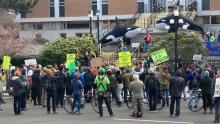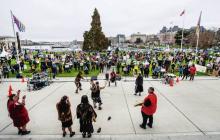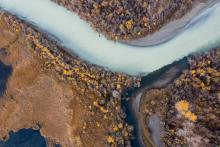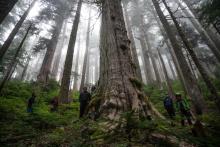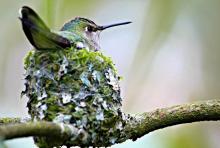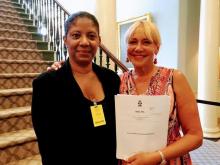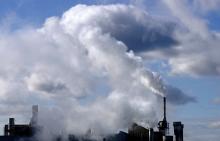From the air, California’s Central Valley looks like an enormous patchwork quilt, squares of green and gold fields stitched together by grey threads of roads and highways. This region is known as “the breadbasket of the world.” The rich alluvial soil produces a quarter of the nation’s food. Close to 20% of all the rice grown in the U.S. comes from here.
